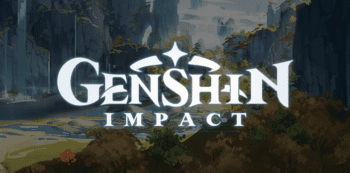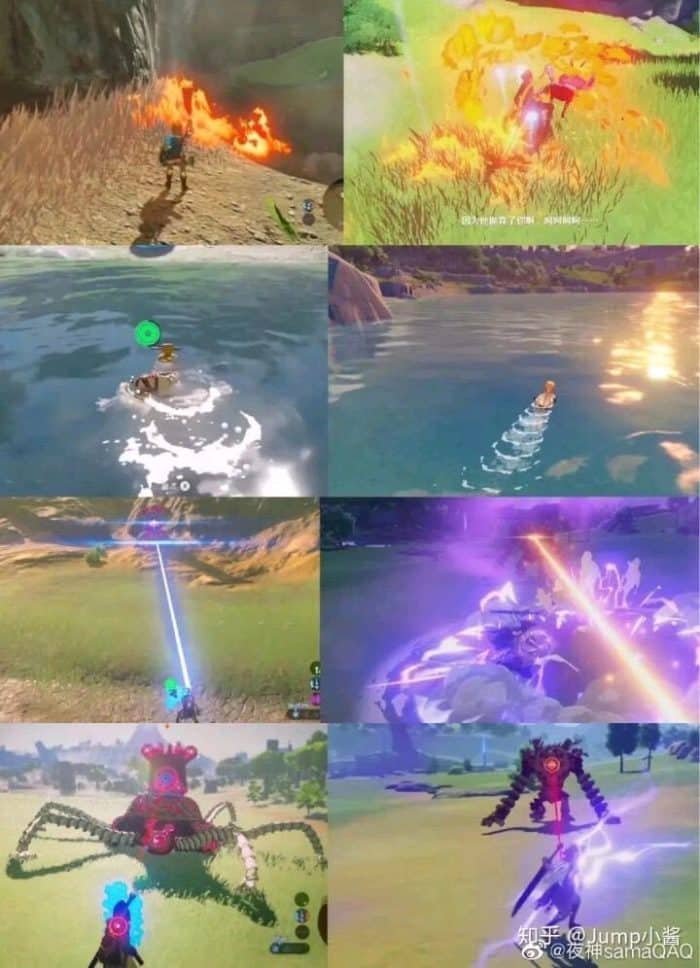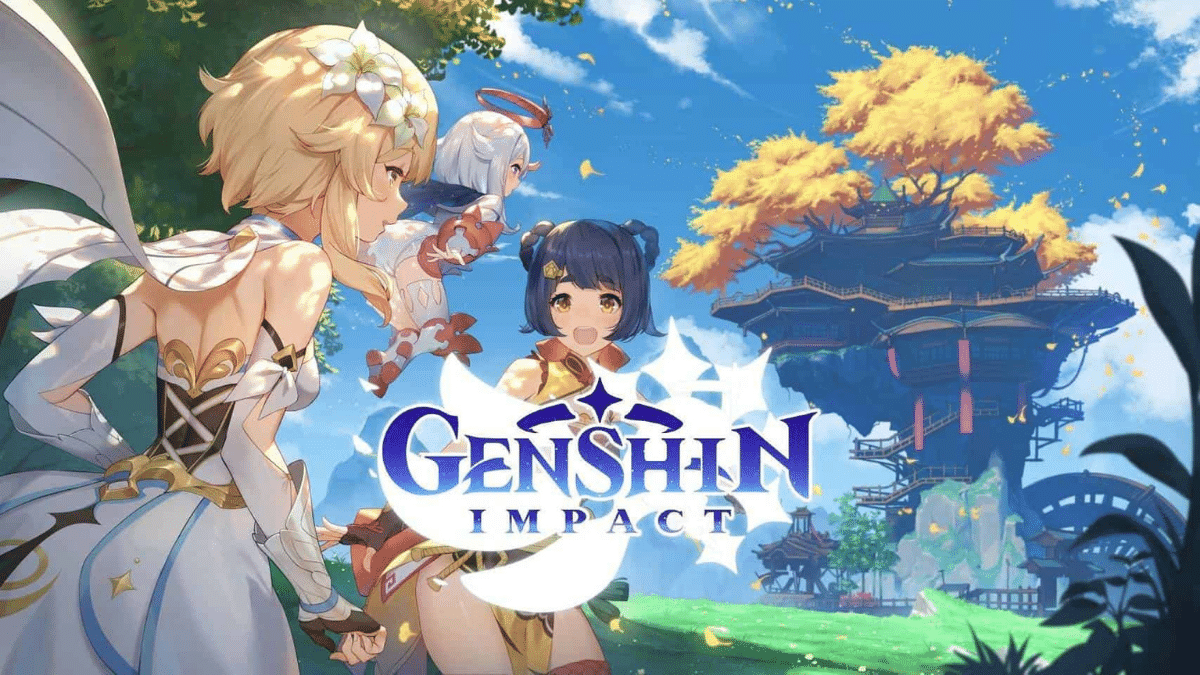Geshin Impact Developer Revokes Fan Art Prize Over Plagiarism

The video game maker miHoYo has found itself at the center of another plagiarism controversy. However, this one deals with a fan art competition where one of the winners has had their prize revoked over allegations of plagiarism.
The story centers around the game Geshin Impact, an anime-themed role-playing game that has become popular with fans of the genre. Back in 2020 miHoYo launched a fan art contest and promised in-game rewards for 50 artists. Shortly after the December 27 deadline passed, miHoYo picked their winners and the contest seemed to be over.
However, not long after the announcement others noticed similarities between the work of one of the winners, namely “thewickedren” and various other artists.
This came to a head on a thread on the Geshin Impact subreddit where user Kibouo specifically called out thewickedren for tracing the works. The post provided several examples including art from a 2016 work.
To make matters worse, that same day thewickedren posted another thread in the same subreddit claiming that his art was being sold on stickers and he needed advice on how to stop it.
However, after he was confronted about the tracing, thewickedren began deleting his posts and his accounts. This includes both his Reddit account and his DevinatArt account, where he had previously posted the winning work.
miHoYo, for their part, responded to the allegations quickly. They posted on their Twitter that they had investigated the claims, found them to be true and had revoked the winner’s prizes. Furthermore, they banned the person from participating in any future community events though stopped short of banning them from the game.
But while all of that is an interesting story, eagle-eyed readers with a great memory might recall that this isn’t the first time we’ve discussed Geshin Impact on this site. Back in August 2019, prior to the game’s launch, it faced a plagiarism allegation of its own.
The First Geshin Impact Plagiarism Controversy
In August 2019, miHoYo began showing off footage and marketing material for Geshin Impact ahead of its launch. First at the the China Joy gaming expo and then later that month at E3.
However, many gamers, in particular Nintendo fans, were not happy with the game’s presentation. They felt that the art, mechanics and gameplay were too similar to the 2017 Nintendo game Breath of the Wild.

This resulted in protests at E3, including one where a gamer smashed PlayStation 4, and a tremendous debate about where the lines are drawn between plagiarism, cloning and mere inspiration.
However, over time the controversy seemed to die down and Geshim Impact was released and would go on to find its own audience and its own group of fans.
Those fans, in turn, are extremely passionate about plagiarism and about stopping it. After all, this was a community-led initiative to not only call out the plagiarism, but to gather the evidence needed to make the case.
Due to their efforts, there is no doubt that thewickedren did trace the winning entry. miHoYo, for their part, responded quickly and decisively investigating the claims, finding them to be true and then not only revoking the award but banning the individual from participating in future contests.
All in all, it’s a perfect response from both the community and miHoYo and it speaks well of both. It’s a lesson that other companies (as well as other communities) could learn from.
Bottom Line
So where does all of this leave us? One thing that is clear is that the video game community is passionate about plagiarism.
We’ve seen this before. when video game reviewer Filip Miucin was caught plagiarizing his review of the game Dead Cells, he not only was fired from IGN nearly immediately, but faced stiff backlash from the community. However, when he attempted to return two years later, he found the community was still very hostile to him over his misdeeds.
However, that view of plagiarism is also a nuanced one. Video games copy and borrow from one another all the time and usually without incident. From PUBG starting the Battle Royale craze to Wolfenstein 3D starting trend of first-person shooters, games have a long history of borrowing from one another and improving on their forefathers.
But, when a video game crosses the line (or give the impression it is crossing the line) and enters into being a clone or a simple plagiarism, the community is there to react. The same is true within fandoms itself, as this story shows.
It’s good to see communities working against plagiarism while also working to understand it and having real discussions about boundaries. Though this case may not be a real test of boundaries considering it was a full-on trace, it’s still comforting to know that is what the video game community is doing.
Want to Reuse or Republish this Content?
If you want to feature this article in your site, classroom or elsewhere, just let us know! We usually grant permission within 24 hours.
